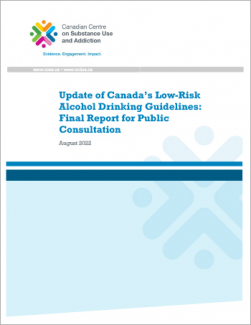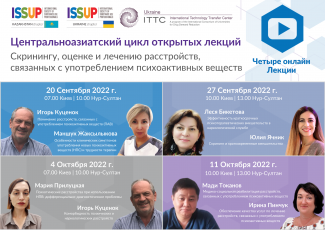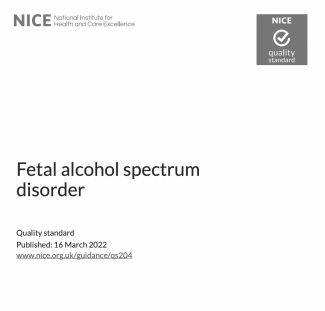Этот вебинар, первоначально проведенный 6 сентября 2022 года, посвящен вопросам новых исследователей и международных исследователей, стремящихся расширить свою работу.
Обсуждаются финансирование, издательская деятельность, разработка политики и информационно-пропагандистская деятельность.


